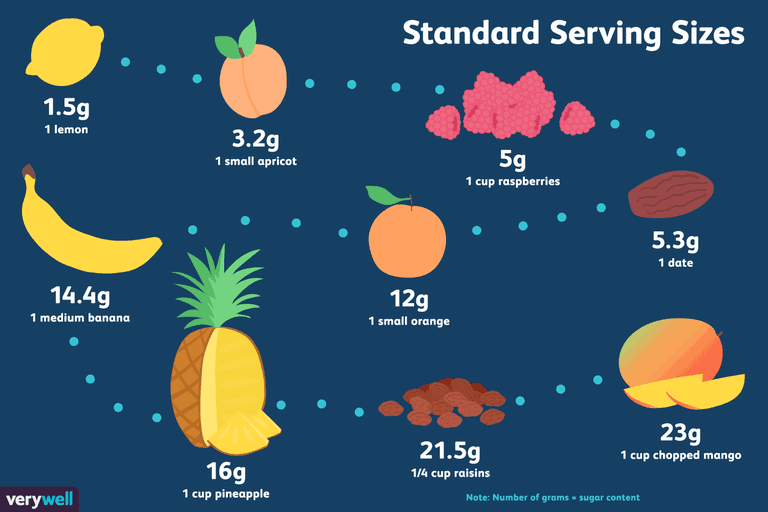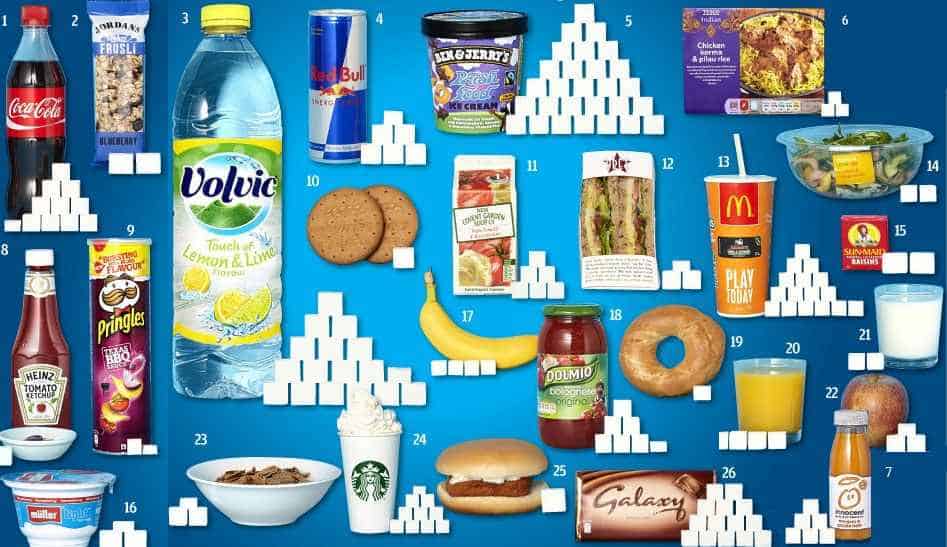We all know diets are generally not very effective. They encourage short-term deprivation for short-term gains. At the end of a diet, people often regain all the weight that they lost, getting it right back. Despite their ineffectiveness, the healthy habits that diets can teach, if implemented in the long term, can have great health benefits.
One of the diets that has intrigued me recently is the ketogenic diet. I first heard about this diet a few years ago from a patient, and recently I read about it in the book ‘The 4 Hour Body’ by Tim Ferris.
The premise of the ketogenic diet is to eat high protein and high-fat foods, while vastly reducing carbohydrates such as starches, but more importantly sugars. This diet forces the body to burn fat, and uses its fat reserves for energy. The body does this by converting fat into ketones. These ketones are then taken up by the citric acid cycle in order to generate energy.
It sounds simple enough, and indeed it is. By reducing carbohydrates you force the body to use the stored fat reserves. With consistency, you can expect weight loss over time.
Ketogenic diets involve avoiding certain types of foods, for example:

Now the question arises, what is the maximum amount of sugar a person can consume daily?
The NHS recommends no more than about 22.5g of sugar a day, which is about 100 calories.
To put this in perspective consider the amount of sugar in the following:

As you can see, sugar is lurking everywhere. It’s no wonder that the typical Canadian consumes about 110g of sugar a day according to a 2004 Canadian Community Health Survey.
To learn more about why sugar is so prevalent in our foods today, I would recommend the following news article by the CBC found here.
Next month, we will discuss some healthy meal options to help reduce your daily sugar intake.
Disclaimer: Before making any health or lifestyle modifications be sure to consult with your health provider. Some of the aforementioned information may not be suitable for you.
Write Reviews
Leave a Comment
Lorem ipsum dolor sit amet, consectetur adipiscing elit, sed do eiusmod tempor incididunt ut labore et dolore magna aliqua.
No Comments & Reviews